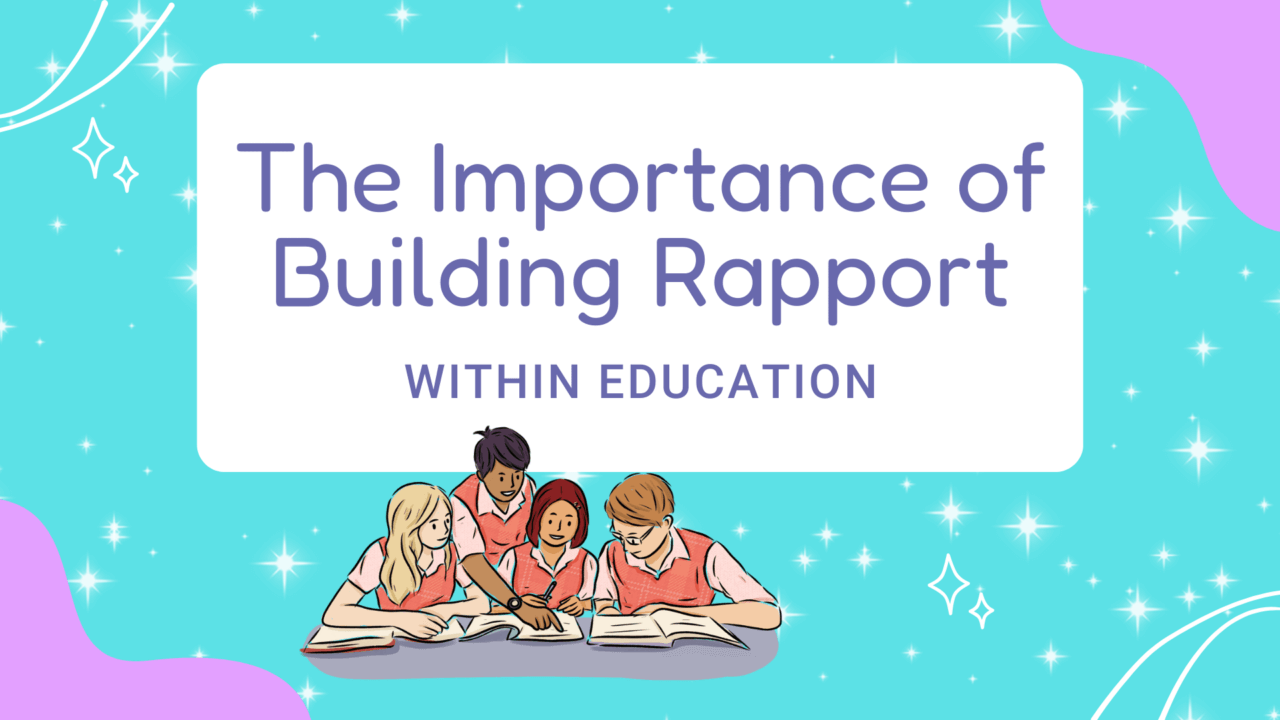Building strong relationships with families and engaging them in their child's education is crucial for student success. When families are actively involved in their child's education, students tend to have better attendance, higher grades, and higher test scores. Here are 10 points on the importance of building strong relationships with families and engaging them in their child's education.
The Importance of Building Rapport Within Education


10 points on the importance of building strong relationships with families and engaging them in their child’s education:
1. Improved communication
Building strong relationships with families helps to establish effective communication between teachers, students, and families. This can help to address any concerns or issues that may arise and ensure that everyone is on the same page when it comes to the student’s education.
2. Enhanced student learning
Research has shown that students tend to do better academically when their families are involved in their education. Families can help to support learning at home by providing a positive learning environment and reinforcing what is being taught in school.
3. Increased student motivation
When families are engaged in their child’s education, students tend to be more motivated to learn. Seeing their families take an active interest in their education can be a powerful motivator for students.
4. Better attendance
Students who have families that are involved in their education tend to have better attendance rates. When families are aware of what is happening in the classroom, they are more likely to ensure that their child is present and on time.
5. Greater sense of community
Engaging families in their child’s education can help to build a sense of community within the classroom and school. This can foster a positive and supportive learning environment for all students.
6. Improved behaviour:
Students who have families that are involved in their education tend to have better behaviour in the classroom. When families are involved, they are able to address any behaviour issues that may arise and work with the teacher to find solutions.
7. Greater cultural sensitivity
Engaging families in their child’s education can help teachers to become more culturally sensitive and aware of the diverse backgrounds and experiences of their students.
8. Enhanced home-school collaboration
When families are actively involved in their child’s education, it can help to strengthen the partnership between home and school. This can lead to a more cohesive and collaborative approach to learning.
9. Support for language learners
Engaging families in their child’s education can be especially beneficial for students who are learning a new language or who come from homes where English is not the primary language. Families can provide valuable support and reinforcement for language learning at home.
10. Improved parent-teacher relationships
Building strong relationships with families can help to improve the relationship between teachers and parents. This can create a positive and supportive learning environment for all students.
Building strong relationships with families and engaging them in their child’s education is crucial for student success. When families are actively involved in their child’s education, students tend to have better attendance, higher grades, and higher test scores. By taking the time to build strong relationships with families and involving them in their child’s education, teachers can create a positive and supportive learning environment that benefits all students.


